Intra-elite, state-centric society is a strategic front, and ought to be defended and put to use in the continued development of a global and decolonial turn in IR.
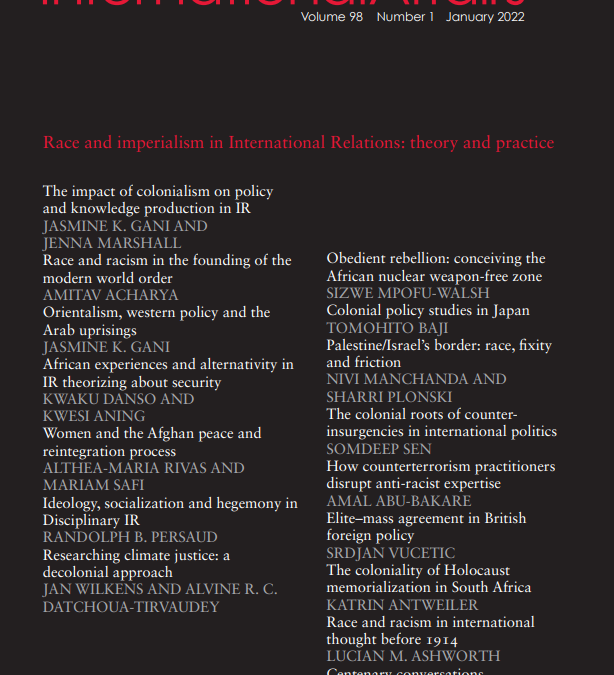

Intra-elite, state-centric society is a strategic front, and ought to be defended and put to use in the continued development of a global and decolonial turn in IR.
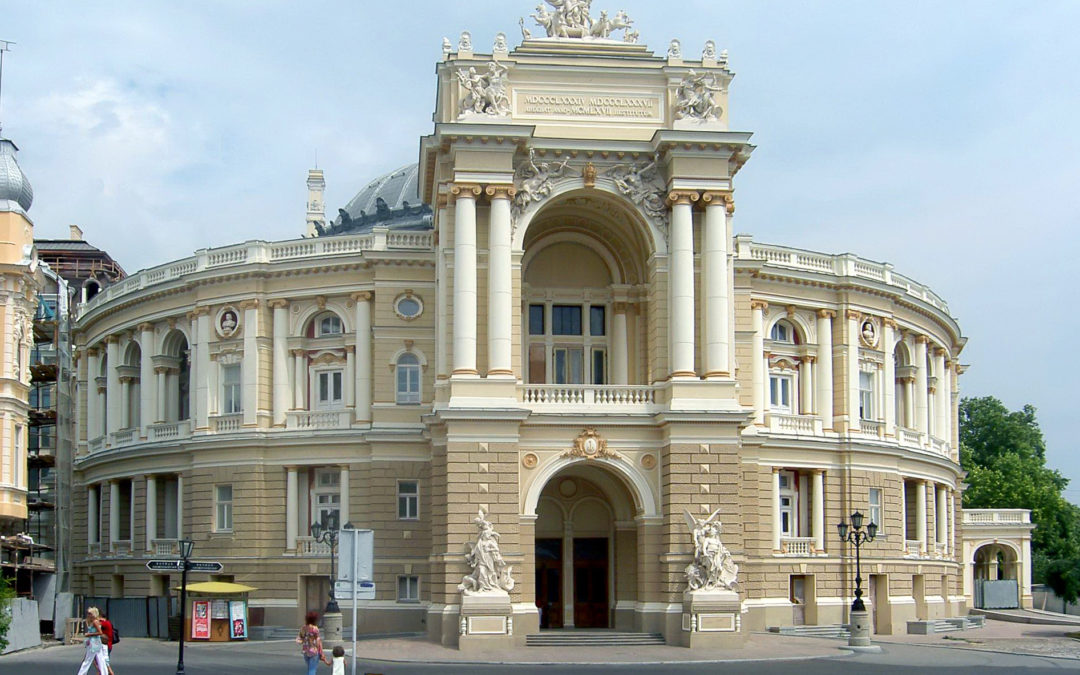
The Convention Concerning the Protection of World Cultural and Natural Heritage (“The World Heritage Convention”) entered into force in 1975. The world heritage regime, in...
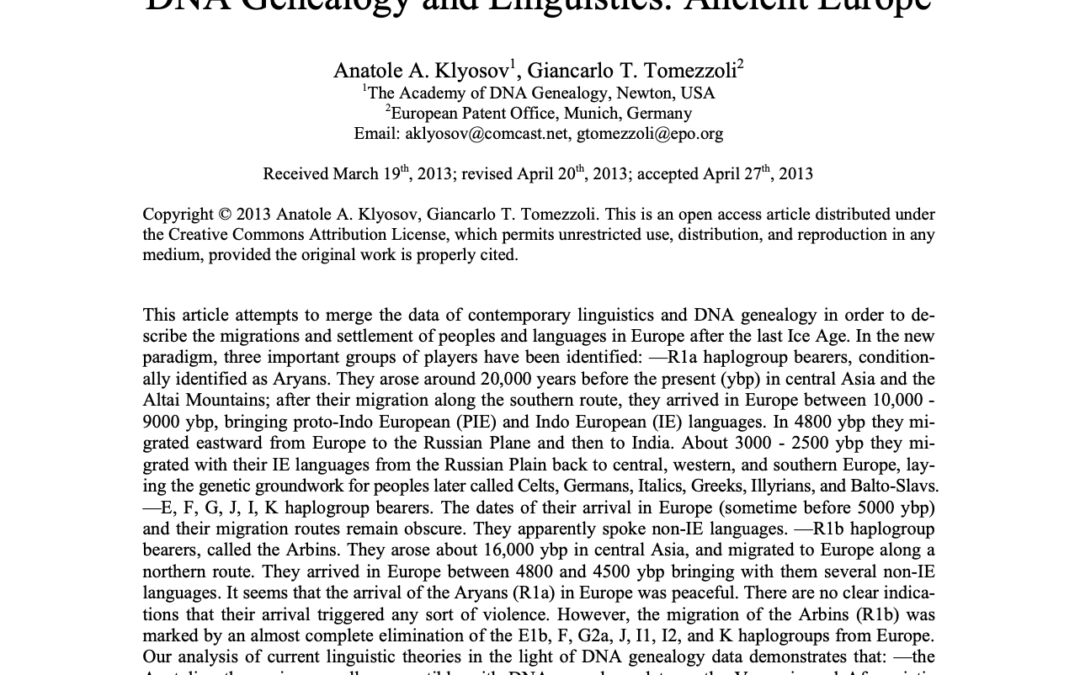
The Russian government has developed a symbiotic relationship with the country’s pseudoscientific community.
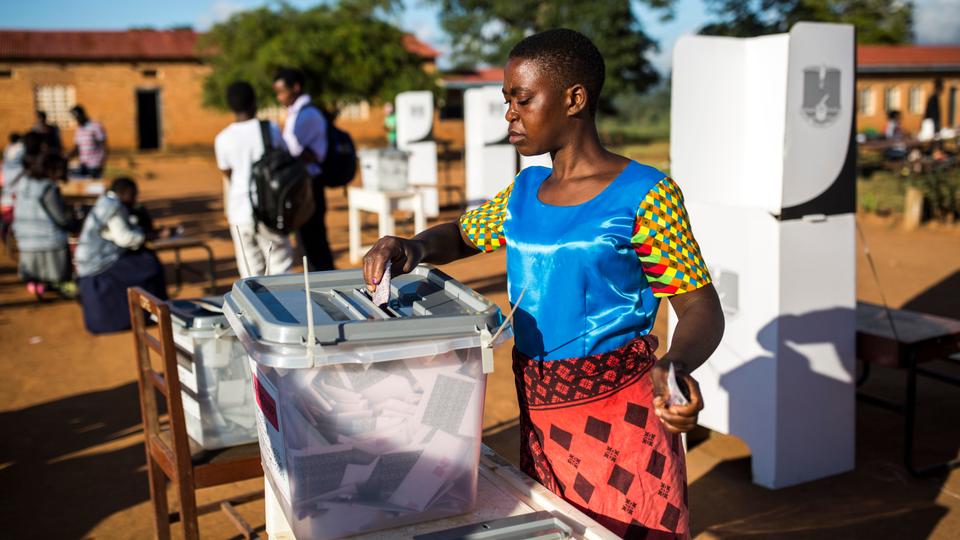
Election observation is at a turning point. Roughly 80-85% of elections around the world are subject to election observation. The majority of these are in Africa, Latin America, and Asia. While...
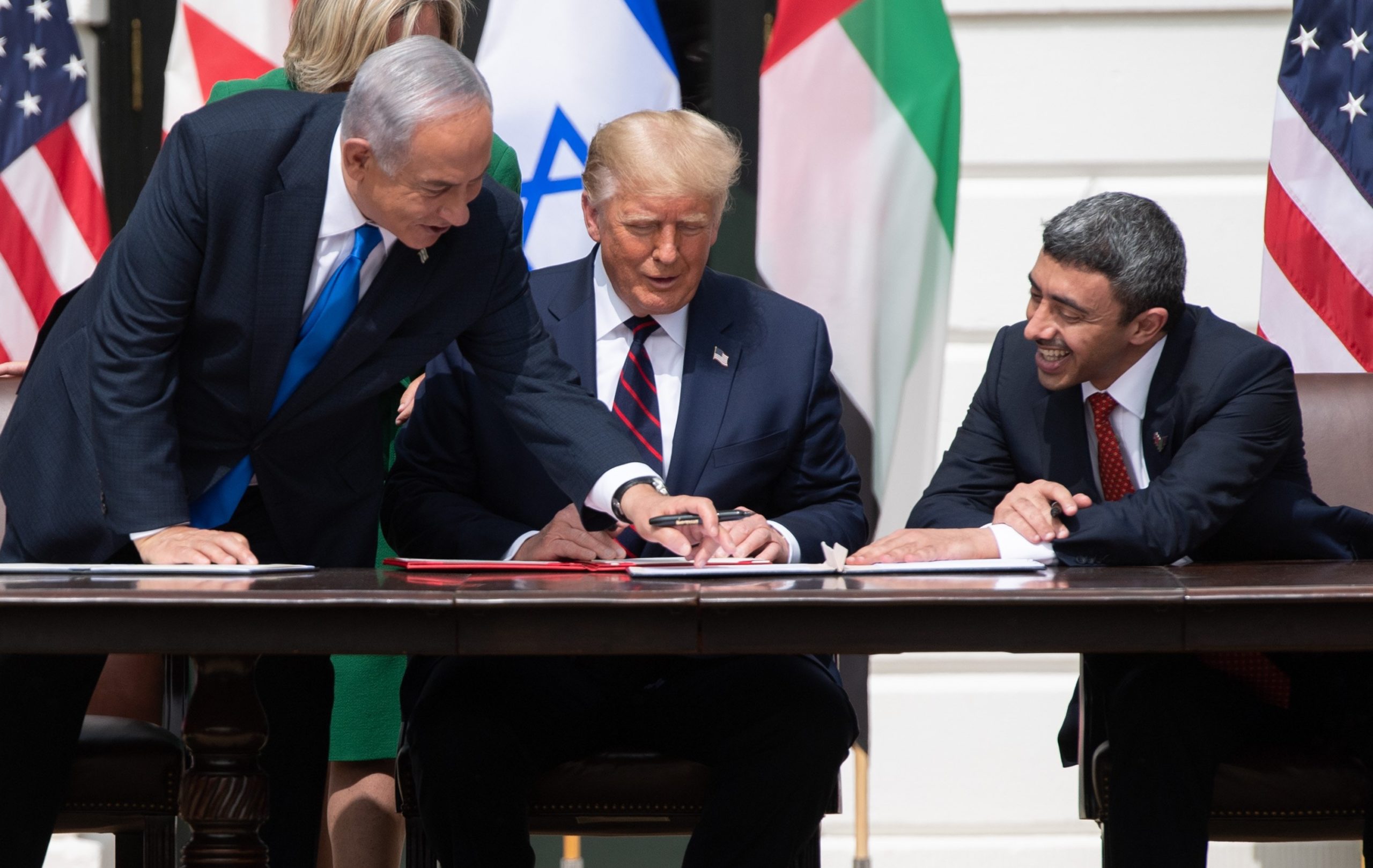
In September, the UAE and Israel signed "the Abraham Accords," normalizing relations between the UAE and Israel. The Trump Administration presented this as if it was equivalent to the Camp David Accords, a ground-breaking peace agreement that would transform the world. Much of the Middle East policy community, however, met it with a shrug. I'm not sure I'm joining in on that shrug. While it's true Trump exaggerated and misrepresented the deal, as he is wont to do, I worry a sneaky "common wisdom" has developed among observers that may obscure the significant impacts of this agreement. The...

We open each of my undergrad classes with a discussion of current events. In the past four years, there have been several times that students have wondered whether a war may be about to break out: between America and North Korea, America and Venezuela, India and China, Qatar and Saudi Arabia...America and Iran. We spend a lot of time talking about the issues, the motivations for each state's behavior. And when "nothing" happens, I always wonder whether all the time we spent was worth it. I'm wondering the same thing about tensions in the Eastern Mediterranean. If the situation defuses...
The artist Rufina Bazlova has used traditional embroidery to describe current events in Belarus This past weekend, two European capitals witnessed large-scale protests. Both of them protested against the government, both carried the flags that once symbolized their state, in both cases the police was involved, and during one of them the crowd was chanting “Putin! Putin!”. If you think the latter happened in Minsk you are sadly mistaken: the crowd in Belarus is much more creative than the Neo-Nazi conspiracy theorists in Berlin. The 38,000-strong crowd in Berlin was doing yoga against German...
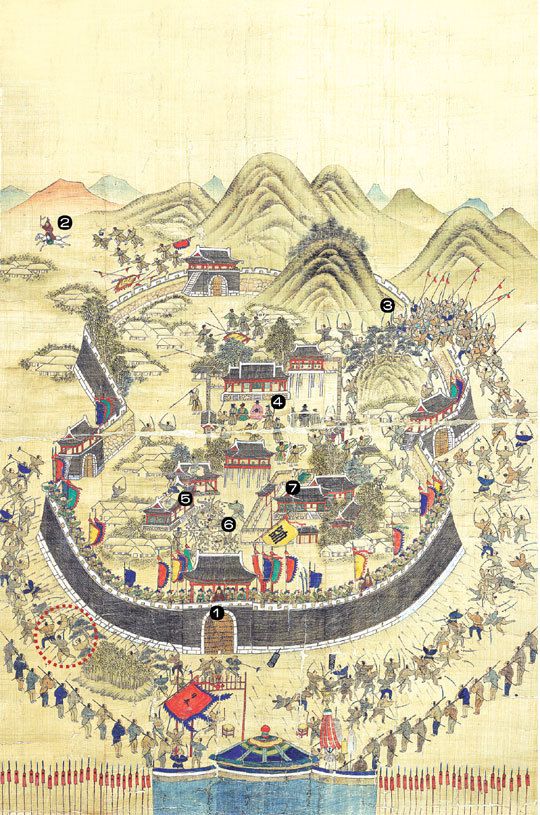
David C. Kang is Maria Crutcher Professor of International Relations at the University of Southern California, where he also directs the Korean Studies Institute. His latest book, coedited with Stephan Haggard, East Asia in the World: Twelve Events that Shaped the Modern International Order, will be published Cambridge University Press next month. This summer, the graduate students in our Ph.D. program here at USC, and the undergraduates as well, called for an end to the Eurocentric curriculum in our department. They noted that there are twice as many classes devoted to Europe as there are...

This is a guest post from Alexander R Arifianto (Twitter: @DrAlexArifianto), a Research Fellow with S. Rajaratnam School of International Studies (RSIS), Nanyang Technological University, Singapore. His research focuses on contemporary domestic politics and political Islam in Indonesia. Nearly six months after the first case of coronavirus was first diagnosed in Indonesia, the country is in the midst of its largest public health crisis in history. As of August 3rd, about 113,000 Indonesians are confirmed to be infected and 5,300 have died from the illness. Indonesia is currently ranked the...

This is a guest post from Jennifer Mustapha and Eric Van Rythoven. Mustapha is an Assistant Professor at Huron University College in London, Ontario and studies the politics of the War on Terror, globalization and development, and Southeast Asian regional relations. Rythoven teaches International Relations and Foreign Policy at Carleton University, Canada. His work has been published in Security Dialogue, European Journal of International Relations, and Journal of Global Security Studies, among others. For many observers America’s catastrophic response to COVID-19 is a far-off spectacle...
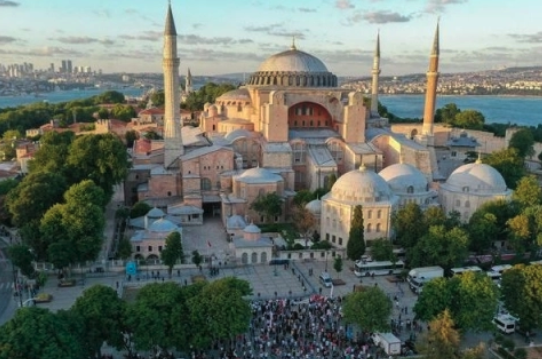
This is a guest post from Elif Kalaycioglu, who is an assistant professor at the University of Alabama. Her research is on international relations, world order and global governance with a focus on UNESCO’s world heritage regime, global cultural politics and the impact of cultural diversity on the international order and its institutions.On Friday, June 10th 2020, the highest administrative court in Turkey annulled the 1934 cabinet decree that transformed Hagia Sophia from a mosque to a museum. UNESCO’s press release, lamented the decision concerning the world heritage site and urged Turkey...
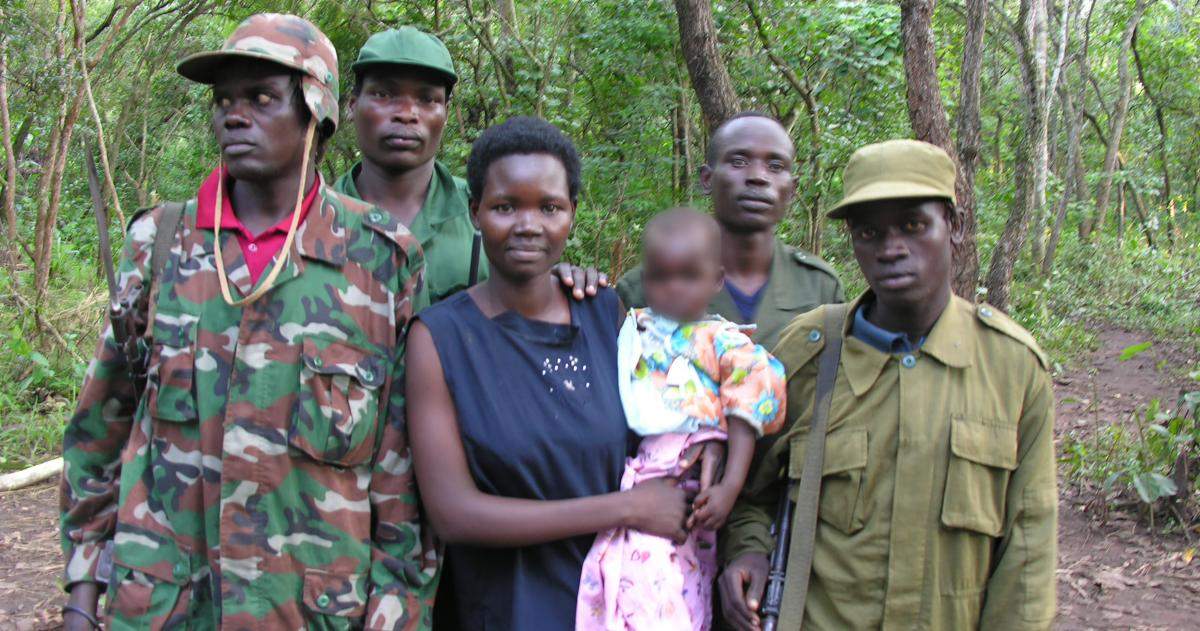
This is a guest post from Phoebe Donnelly (@PhoebsG86), a Visiting Fellow at the Feinstein International Center at Tufts University and a Women and Public Policy Research Fellow at Harvard Kennedy School. The UN’s International Day for the Elimination of Conflict-Related Sexual Violence (CRSV) passed without much recognition on June 19. However, CRSV has not disappeared during the global pandemic and victims of different forms of CRSV face additional hurdles to accessing services and support. Certain survivors in particular, those in forced marriages with members of rebel groups, may face...